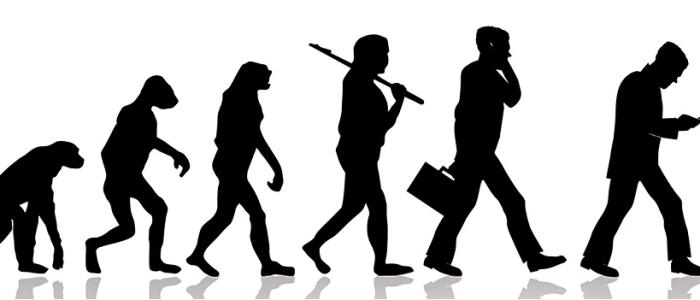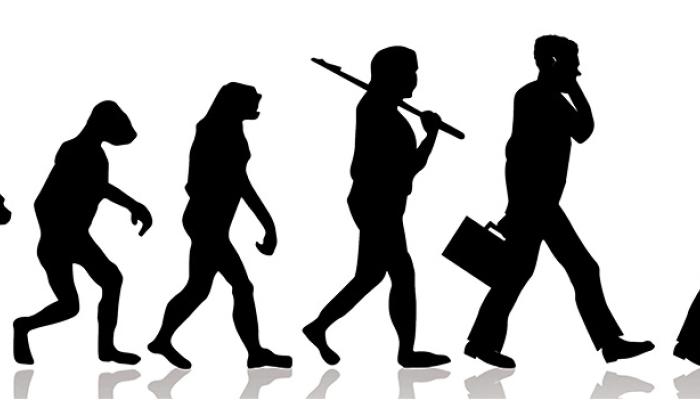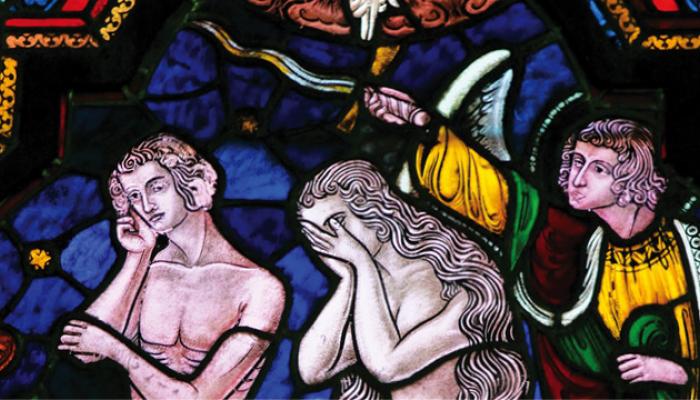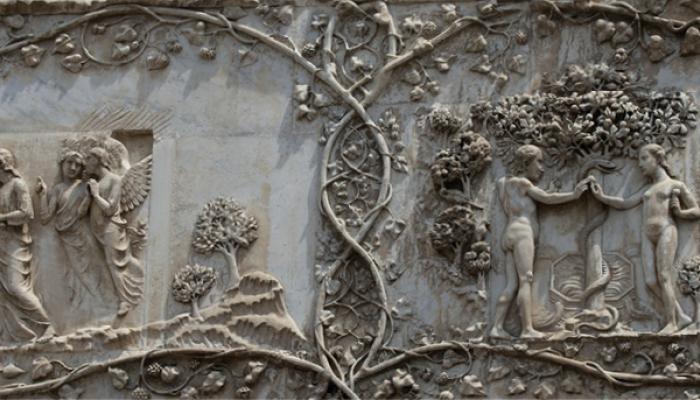
1.3 Évolution ou création ?
Le corps humain semble avoir évolué. Néanmoins, en tant qu’êtres humains, nous divergeons fondamentalement des animaux. Alors que les animaux sont satisfaits d’être ce qu’ils sont, les humains aspirent à quelque chose au-delà du fini et créé.
Notre désir partiellement abstrait qui tend vers le bonheur suprême – un bonheur qui va au-delà de ce que nous voyons ici et maintenant – étaye l’idée que nous avons une âme immortelle. L’âme est ce qui nous caractérise et nous permet de consciemment choisir le bien ou le mal. Notre âme est créée par Dieu. L’évolution a trait à notre corps ; l’histoire de la Création nous donne un aperçu de ce qui est logé dans ce corps : l’âme. Les deux sont nécessaires si nous voulons mieux comprendre le monde tel que Dieu l’a créé.
What is the importance of affirming “In the beginning God created the heavens and the earth” (Genesis 1:1)?
The significance is that creation is the foundation of all God’s saving plans. It shows forth the almighty and wise love of God, and it is the first step toward the covenant of the one God with his people. It is the beginning of the history of salvation which culminates in Christ; and it is the first answer to our fundamental questions regarding our very origin and destiny. [CCCC 51]
Can someone accept the theory of evolution and still believe in the Creator?
Yes. Although it is a different kind of knowledge, faith is open to the findings and hypotheses of the sciences.
Theology has no scientific competence, and natural science has no theological competence. Natural science cannot dogmatically rule out the possibility that there are purposeful processes in creation; conversely, faith cannot define specifically how these processes take place in the course of nature’s development. A Christian can accept the theory of evolution as a helpful explanatory model, provided he does not fall into the heresy of evolutionism, which views man as the random product of biological processes. Evolution presupposes the existence of something that can develop. The theory says nothing about where this “something” came from. Furthermore, questions about the being, essence, dignity, mission, meaning, and wherefore of the world and man cannot be answered in biological terms. Just as “evolutionism” oversteps a boundary on the one side, so does creationism on the other. Creationists naively take biblical data literally (for example, to calculate the earth’s age, they cite the six days of work in Genesis 1). [Youcat 42]
How do the soul and body form a unity in the human being?
The human person is a being at once corporeal and spiritual. In man spirit and matter form one nature. This unity is so profound that, thanks to the spiritual principle which is the soul, the body which is material, becomes a living human body and participates in the dignity of the image of God. [CCCC 69]
What is the soul?
The soul is what makes every individual person a man: his spiritual life-principle and inmost being. The soul causes the material body to be a living human body. Through his soul, man is a creature who can say “I” and stand before God as an irreplaceable individual.
Men are bodily and spiritual creatures. A man’s spirit is more than a function of his body and cannot be explained in terms of man’s material composition. Reason tells us that there must be a spiritual principle that is united with the body but not identical to it. We call it the “soul”. Although the soul’s existence cannot be “proved” scientifically, man cannot be understood as a spiritual or intellectual being without accepting this spiritual principle that transcends matter. [Youcat 62]
From where does man get his soul?
The human soul is created directly by God and is not “produced” by the parents.
Man’s soul cannot be the product of an evolutionary development out of matter or the result of a generative union of the father and mother. With every man, a unique, spiritual person comes into the world; the Church expresses this mystery by saying that God gives him a soul, which cannot die; even if the person loses his body in death, he will find it again in the resurrection. To say, “I have a soul”, means that God created me not only as a creature but as a person and has called me to a never-ending relationship with him. [Youcat 63]
By his Word God calls into existence all things that are, disposes them according to his wisdom, and pefects them by his goodness... his real magnitude only known to himself alone. Our intelligence is too limited to comprehend him. [Minucius Felix, Letter to Octavius, 18 (ML 3, 290 )]





